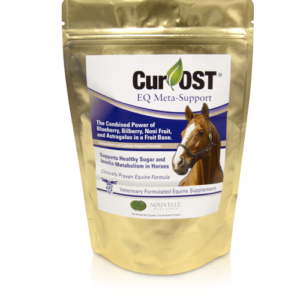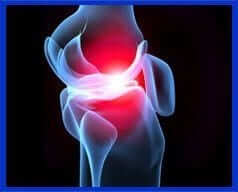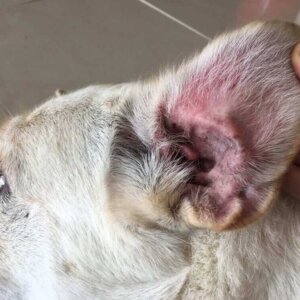Evaluation of Berry and Citrus Herb Formula in Equine Metabolic Patients
Evaluation of Berry and Citrus Herb Formula in Equine Metabolic Patients
Tom Schell, D.V.M., CVCH
Introduction:
Metabolic syndrome is a term used referring to a group of risk factors that contribute to an increased risk of heart disease, diabetes and stroke in people. In horses, metabolic syndrome is closely connected with poor sugar metabolism, insulin dysfunction, circulatory disease and laminitis. In both groups, the risk factor that is most prominent is obestity or excessive body condition, which then tends to increase the risk for development of other factors and further contribute to patient health deterioration.
Evaluation of Berry and Citrus Herb Formula in Equine Metabolic Patients Read More »






